An agreement on enhancing scientific cooperation among circumpolar countries and others interested in polar research signed in Ottawa last week by the representatives of all eight Arctic nations will benefit Canada’s northern communities, says the president of Polar Knowledge Canada (POLAR).
“I think this is good for Canada, it will assist us in creating more knowledge about Canada and it will be globally relevant knowledge about Canada,” said David J. Scott. “And from the perspective of the organization that I have the privilege to lead, Polar Knowledge Canada, we really trying to ramp up the creation of new knowledge that is primarily intended to benefit the lives of northern Canadians.”
(click to listen the full interview with David J. Scott)
ListenThe ad referendum agreement signed at the meeting of Arctic Council’s Task Force for Enhancing Scientific Cooperation in the Arctic (SCTF) will help Canada to harness scientific resources of other nations, Scott said in a telephone interview from POLAR’s headquarters in Ottawa.
“Canada has about one-quarter of the Arctic in the global context, but we don’t have a corresponding amount of capacity to study the unknowns in that Arctic,” Scott said. “We really believe there is strong interest and need to bring additional qualified folks to Canada to assist us with creating knowledge.”
Globally relevant knowledge
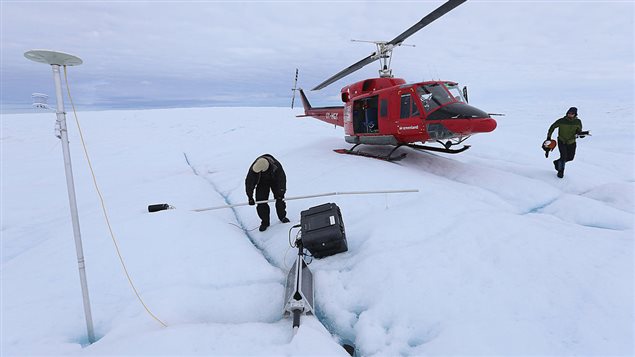
That knowledge matters in the global context.
“There is a growing recognition that information about the polar regions, both north and south, is really key to understanding how the environment is changing, how the climate is changing, and specifically how can we be more predictive about that,” Scott said. “Many of the current models that are predicting climate evolution, for example, don’t fully take into account the phenomena that occur in the Arctic.”
Many non-polar nations, including China, South Korea, Japan are keen to learn more about the polar regions and to contribute to the global knowledge and understanding how these global systems are evolving and help us prepare for the changes that are coming, Scott said.
“Immediate beneficiaries would be folks in the North, as well as people in mid-latitudes where most people live, distant from the polar regions but definitely impacted by the phenomena that are happening at both the northern and southern polar regions,” he said.
‘Difficult place to work’
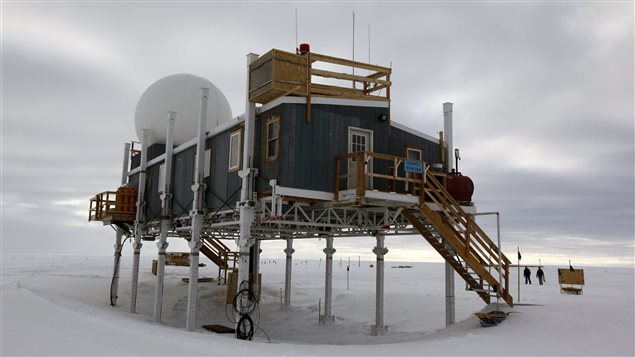
The agreement underlines the recognition by the Arctic states, as well as other polar players that “the Arctic can be a very difficult place to work,” said Scott.
“It’s vast, the conditions are often harsh, even in the summertime, and certainly the Inuit have always known that it’s often best to collaborate and work together, particularly in those areas that are quite remote, logistically challenging and are often in some cases dangerous to work in,” Scott said.
Thus the very nature of the Arctic provides a very good natural driver for the eight member countries of the Arctic Council to work together to enhance cooperation on scientific work in the Arctic, he said.
“The real goal here is to make it easier to create knowledge that can be shared about the region,” Scott said. “The climate is changing, we don’t know nearly enough about what exactly is happening in terms of climatic change, how it would impact, and how we can model it in the future.”
Culmination of three years of work
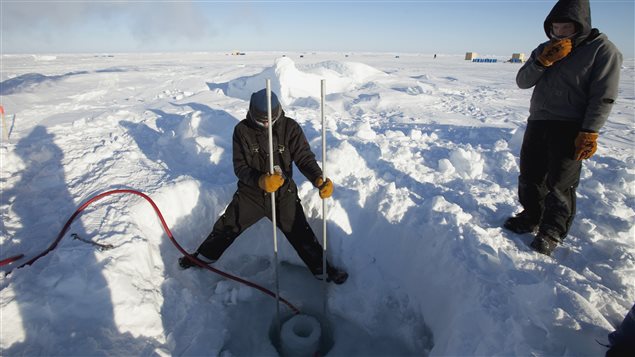
The meeting in Ottawa brought together 57 delegates representing all the Arctic states, as well as three out of six permanent participants (Aleut International Association, Inuit Circumpolar Council, Saami Council), one of the Arctic Council’s six Working Groups (Arctic Monitoring and Assessment Programme), and 11 observer nations and organizations (China, France, Germany, Italy, Japan, Poland, the United Kingdom, the EU, IASC, UArctic, and WWF).
It was the culmination of three years of work, spread out over nine meetings by experts who tried to find a common ground and come up with a text that was acceptable for all, said Scott.
“At the conclusion of the Ottawa round of discussions last week, we were very pleased that were able to come up with a text that addressed all of the important issues basically to the satisfaction of each of the negotiating teams,” Scott said. “And it’s now the responsibility of each of the countries to bring that back, check in with each country’s respective authorities and approval system.”
In case of Canada that means checking with other federal agencies whose mandates are impacted by this agreement, including the Canadian Border Services Agency, because part of the agreement deals with facilitating the entry of foreign scientists who are coming to Canada to collaborate on science research, Scott said.
There is also a need for a thorough legal review of the treaty text by legal experts at Global Affairs Canada.
The goal is to be able to have the eight foreign ministers sign this agreement once it’s finalized at the upcoming ministerial meeting of the Arctic Council in May 2017 in Fairbanks, Alaska, which will conclude the U.S. chairmanship of the council, Scott said.
Reducing red tape
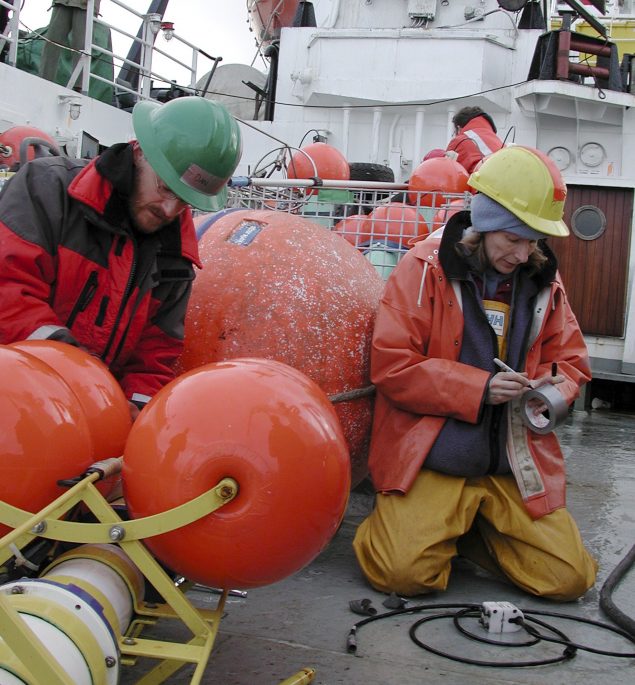
Rebecca Woodgate (R) and Dan Naber prepare a mooring to be deployed into the Bering Strait on board the Russian ship Professor Khromov in this August 25, 2009 file photo. Jeff Jones/REUTERS/Files
Once the document is signed it will become a binding international treaty where the participating agree to facilitate scientific research by making it easier for scientists to cross international borders back and forth along with their specialized equipment, to carry out research and take samples back to their labs, he said.
“Canada has expectations about who’s admissible to our country, we’re not looking to change those rules; Canada has rules about the movement of certain types of samples, plants for example, those existing rules and regulations will need to be followed,” Scott said. “But what we’re committing to under this agreement is to ensure that those processes are very clear and when our participating partners want to get in or out of Canada, when they are planning their project, that they are aware of those expectations and the timelines that go with them.”
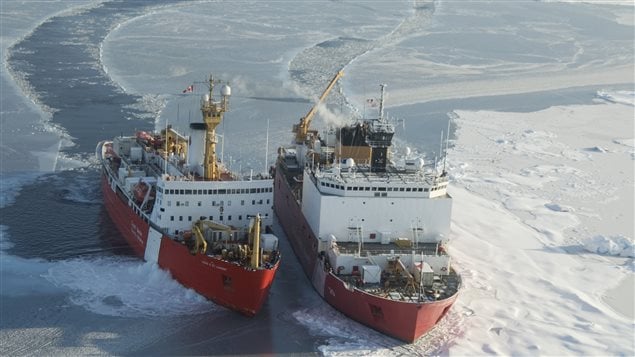






For reasons beyond our control, and for an undetermined period of time, our comment section is now closed. However, our social networks remain open to your contributions.